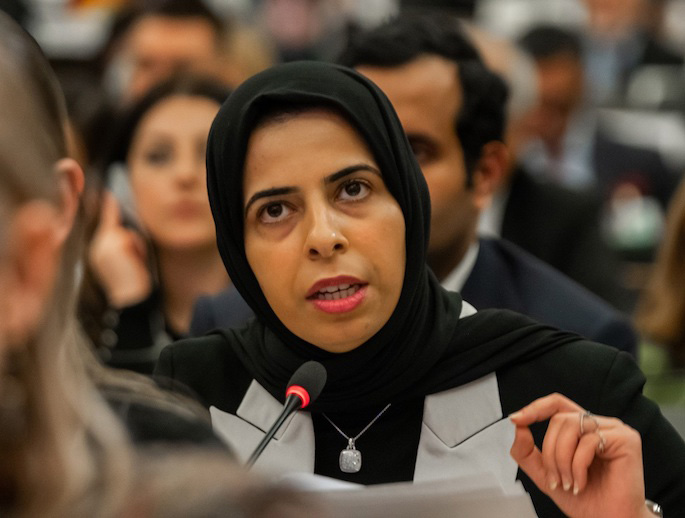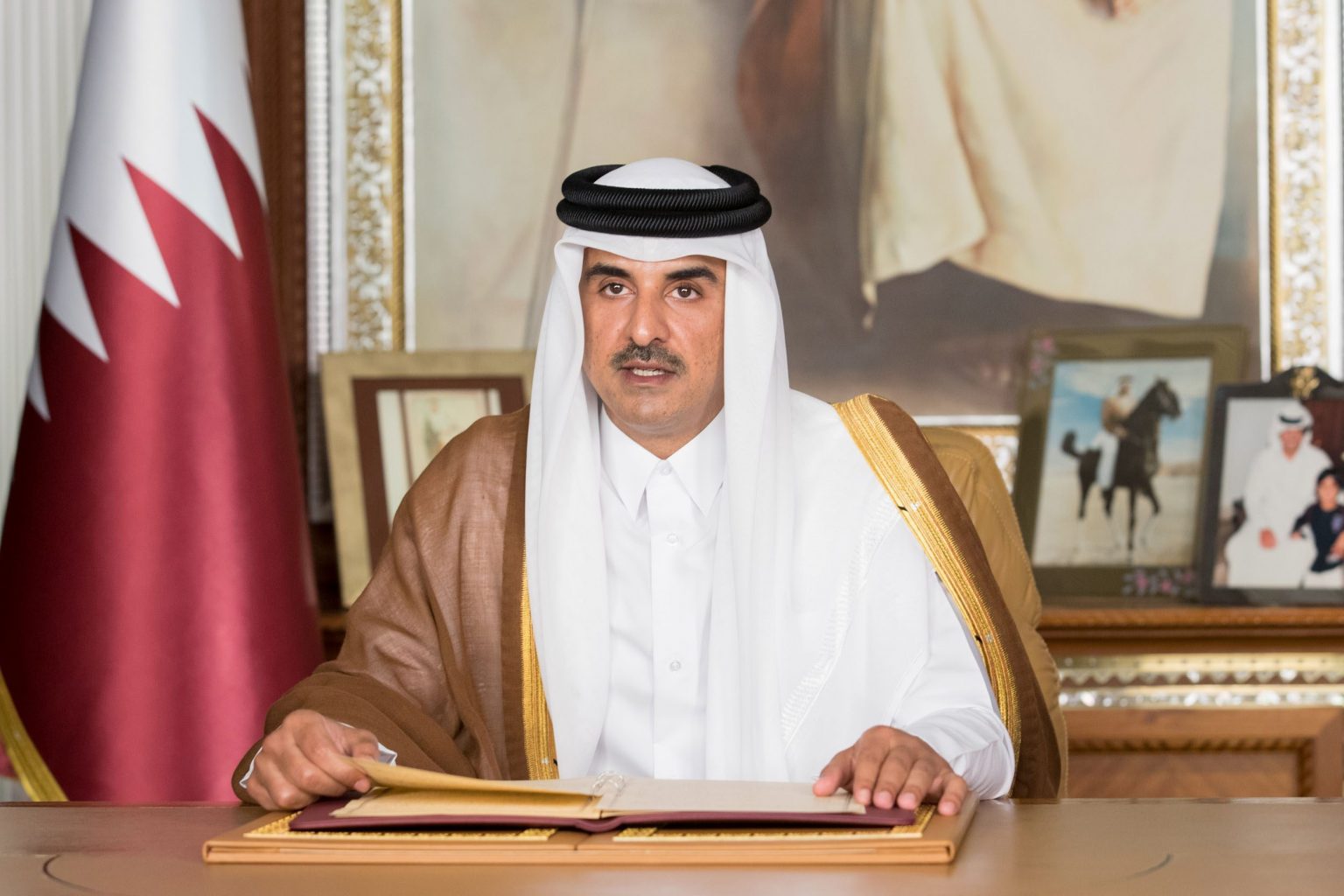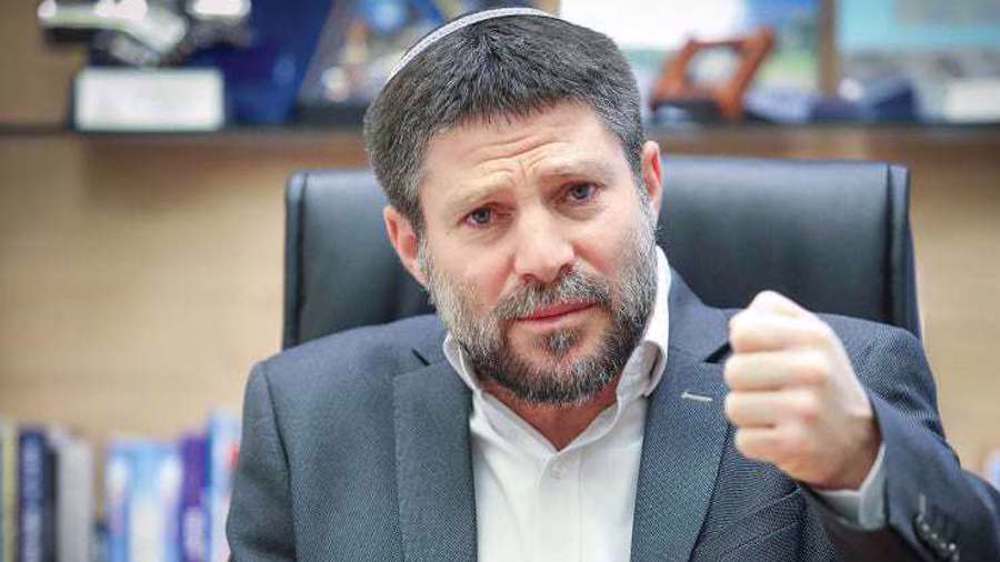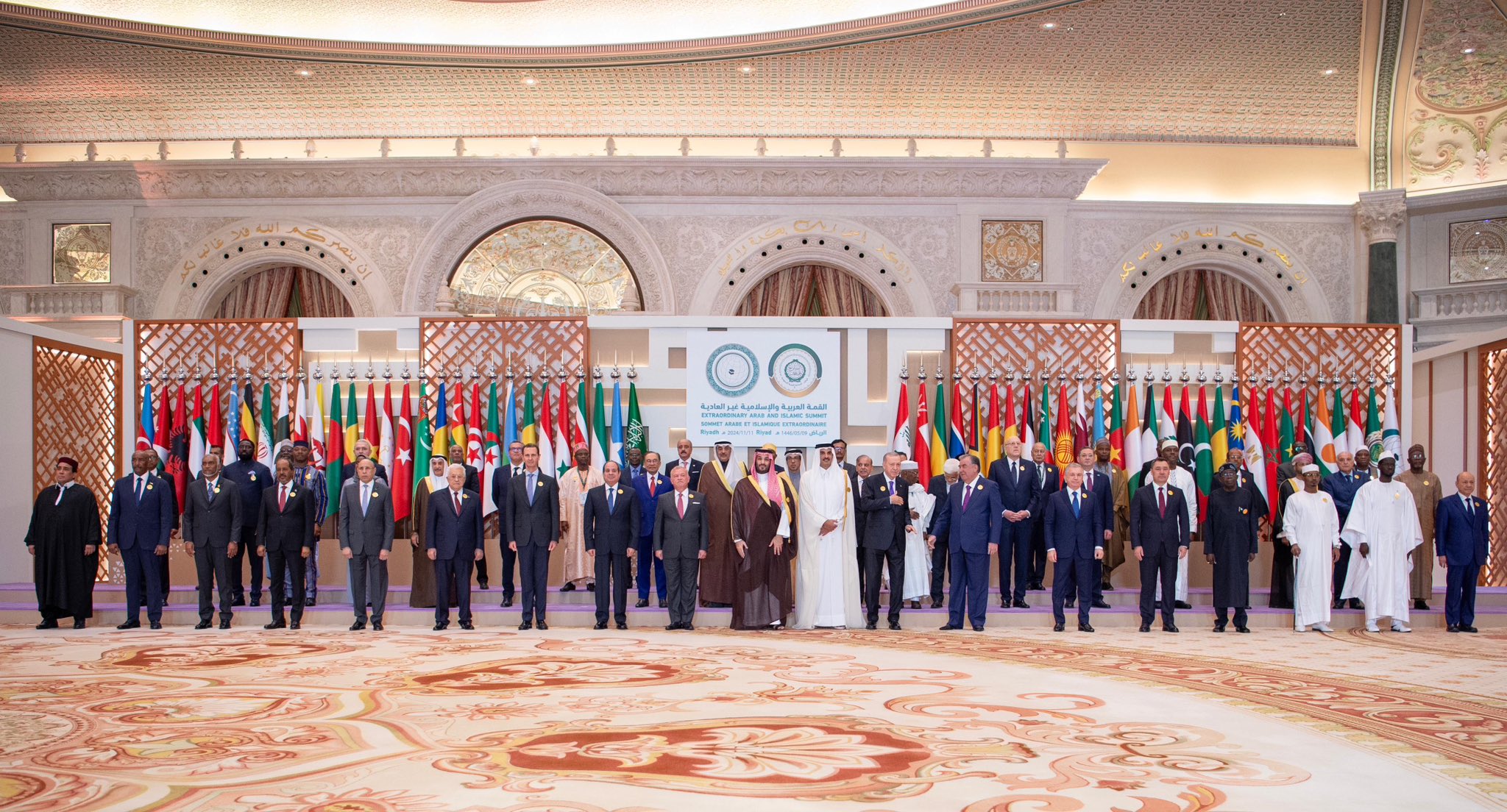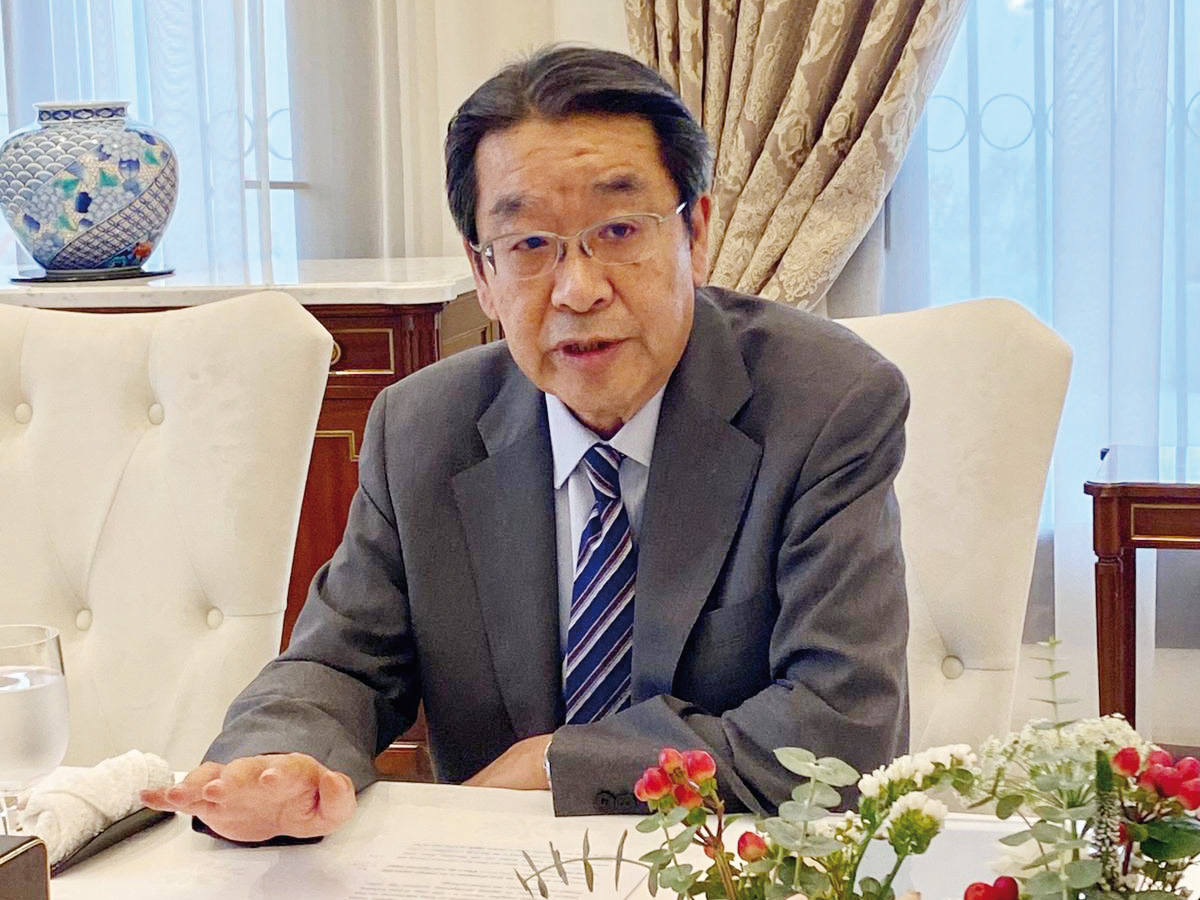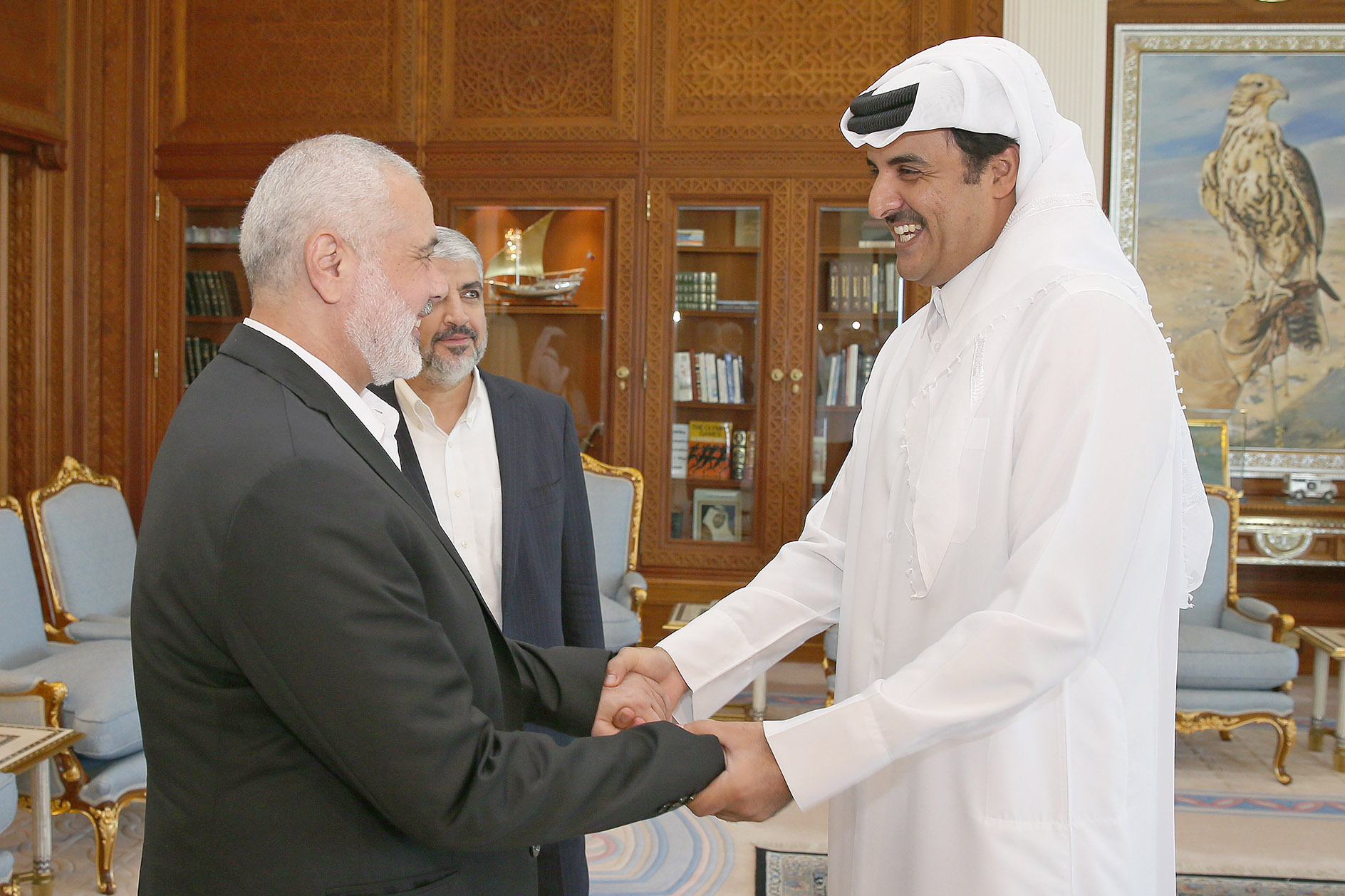
A new ambassador for one of the largest communities in Qatar will arrive this month to represent Bangladesh after the embassy’s former head was reportedly recalled in April, officials have confirmed to Doha News.
The new chief will be career diplomat Ashud Ahmed, according to the Bangladesh Ministry of Foreign Affairs, which announced his placement in August but did not specify when he would move to Qatar.
The shakeup comes as tens of thousands of Bangladeshis are expected to move to Qatar to work on infrastructure projects ahead of the 2022 World Cup.
Prior to becoming Bangladesh’s ambassador to Qatar, Ahmed served as director general of Southeast Asia for his country’s ministry of foreign affairs.
He has previously worked in various capacities at the Bangladesh Consulate General in New York, the High Commission in Colombo, the embassy in Brussels and also at the Bangladesh Consulate General in Hong Kong.

Ahmed will succeed Syed Masud Mohmood Khundoker, who left Qatar in late August, according to an embassy official.
The Dhaka Tribune reported in early April that Khundoker had been “recently recalled” from his posting, citing divisions among Qatar-based leaders of Bangladesh political parties.
In what it described as a “rare incident,” the Tribune said the Bangladesh Prime Minister’s Office had sent a written directive to the Foreign Ministry, asking for its Doha envoy to be brought back.
The Bangladesh Embassy in Qatar said Khundoker left Doha because “his tenure was up,”and said they were “not at all aware” of the reports of political differences.
Khudoker served for about two years in Qatar, after his appointment was announced in March 2013.
More workers
There are approximately 220,000 Bangladesh nationals living in Qatar, making it the fourth largest expatriate community behind India, Nepal and the Philippines.
In March this year, former Ambassador Khundoker told Doha News that Qatar officials had approved work visa applications for 50,000 Bangladeshis and that they were expected to arrive in the state by June.

Embassy officials said at the time that the individuals already had job offers in Qatar, but were waiting for the government here to approve their applications.
Most will be working in the construction sector and were set to gradually arrive over the following three months.
“We’re happy to provide more workers,” Khundoker told Doha News.
More than 50,000 Bangladeshis have arrived in Qatar on work visas since January this year, embassy official Haque said.
Up to 8,000 Bangladeshis arrive in Qatar each month, embassy officials have previously said. Some 60 to 70 percent work work in the construction sector, while the remainder are engineers, managers, Islamic scholars and approximately 9,000 domestic workers.
There has also been a push to employ more medical staff and other professionals, the embassy’s labor counselor Mohammed Serajul Islam previously said.

Also earlier this year, Bangladeshi officials said they were trying to improve conditions for workers in the country by striking an agreement with Qatar only to hire people who have registered with the government’s central employee database.
The country’s minister for expatriates’ welfare and overseas employment Khandker Mosharraf Hossain confirmed the deal following a visit to Qatar earlier in the year. It is aimed at cracking down on rogue recruiters, who often charge illegal fees and make false salary promises.
However, some Bangladeshi workers in Qatar are still vulnerable to low wages. In 2013, local media reported that the Bangladesh government had agreed to send women to work in domestic service roles in Qatar for a minimum wage of just over $200 (QR750) a month.
This is nearly half the pay that has been demanded by other countries, including the Philippines, for its nationals working as domestic staff in Qatar and other Gulf states.
Thoughts?


